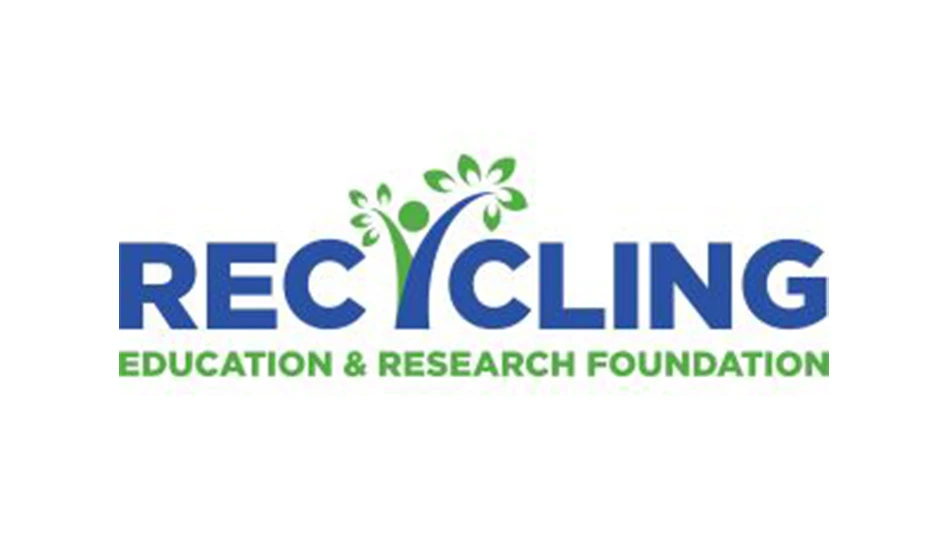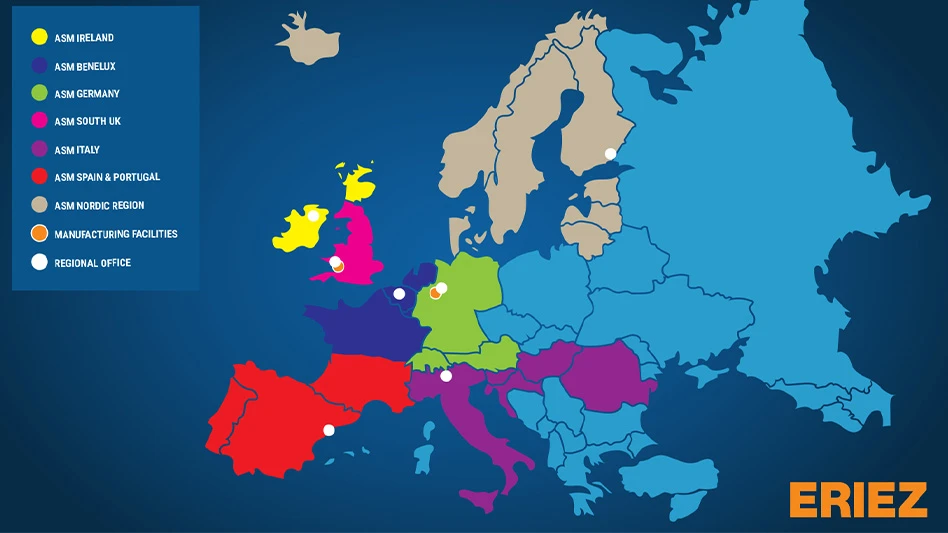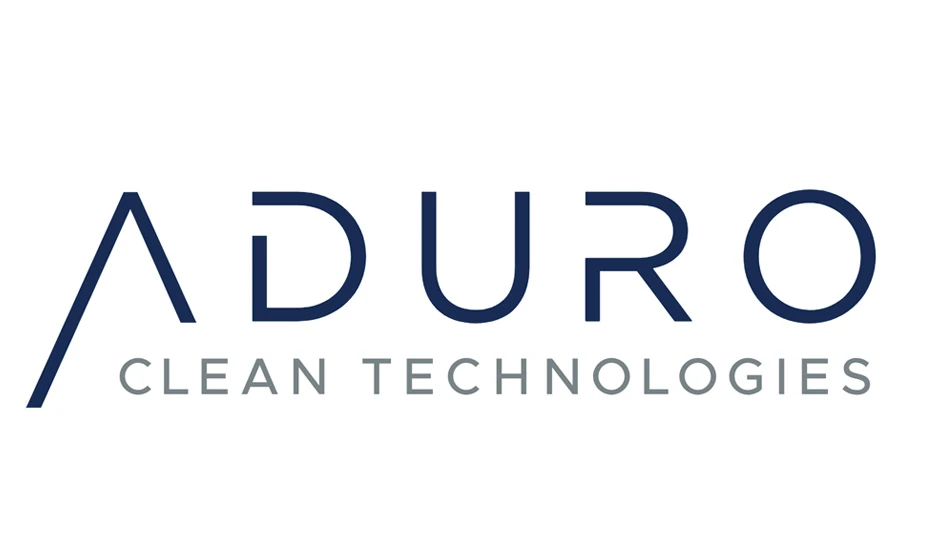
The Washington-based Business Roundtable has published a Principles & Policies document that calls for “a well-designed market-based mechanism and other supporting policies to provide certainty and unleash innovation to lift America toward a cleaner, brighter future.”
The organization, which describes itself as an association of CEOs representing companies with more than $7 trillion in annual revenue, states, “Unchecked, climate poses significant environmental, economic, public health and security threats to countries around the world, including the United States.”
The Roundtable also expresses concern about what it calls “the existing patchwork of federal and state regulations, tax incentives, subsidies and other policies.” It says the lack of a guiding federal policy is “inefficient and has negatively impacted the long-term investment strategies of many U.S. companies by creating regulatory uncertainty. It is time for a new approach.”
Adds the organization, “The U.S. should adopt a more comprehensive, coordinated and market-based approach to reduce emissions. This approach must be pursued in a manner that ensures environmental effectiveness while fostering innovation, maintaining U.S. competitiveness, maximizing compliance flexibility and minimizing costs to business and society. International cooperation and diplomacy backed by a broadly supported U.S. policy will be the key to achieving the collective global action required to meet the scope of the challenge and position the U.S. economy for long-term success.”
The word “recycling” is not used in the Roundtable’s Principles & Policies web post, although the statement does advocate for increased funding of “investment in circular economy technologies.”
In a section titled “Essential Supporting Policies and Approaches,” the organization states, “In addition to stepping up funding, RD&D [research, design and development] programs must be better coordinated across economic sectors and focused on technologies that are most likely to reduce greenhouse gas (GHG) emissions on a life cycle basis and to achieve global cost parity with high-emissions competitors.”
Adds the Roundtable, “Finally, RD&D programs can play an important role in transitioning to a more environmentally sustainable economy, including investment in circular economy technologies that can reduce the need for carbon-intensive raw materials and resource usage.”
Latest from Recycling Today
- CalRecycle opens comment period on proposed SB 54 revisions
- 2026 Circular Steel Summit: Taking stock of tariffs
- CDRA Conference & Tradeshow 2026: Addressing battery fire risks
- Darda equipment now available in North America
- Struktol's ZB 47 and ZB 49 improve processability in rubber compounds
- Volatility wave hits copper pricing
- ArcelorMittal legal battle with Italy continues
- Altor program boosts EPS recycling





